Asylum Apathy Asylum Archive
 national |
racism & migration related issues |
opinion/analysis
national |
racism & migration related issues |
opinion/analysis  Friday June 14, 2013 21:33
Friday June 14, 2013 21:33 by Eamonn Sheehy & Asylum Archive - Asylum Archive & Migrate To The Fringe
by Eamonn Sheehy & Asylum Archive - Asylum Archive & Migrate To The Fringe
Ireland, asylum and the institutionalization of the young, old and innocent.
Direct Provision anyone?
Asylum apathy
Society has always found it difficult to relate to minorities. From lack of knowledge follows distrust and fear. The polarisation of various factions of society across religious, racial and economic divides is rapidly growing.
Into the second anniversary of the Syrian war and a talk is starting in three minutes. The auditorium is full with the gravely concerned, interested in change for the betterment of Syria and its people. But where are the Syrians meant to go in order to escape the flames and the strife? These poor people we see on our TV screens...we hold solidarity with their plight! Speaker speak! Let us know what we can do!!
But outside of the debates and public discourse it’s a different attitude. Solidarity ends for such people as soon as they start seeking refuge. The asylum minority. Apathy begins and debates against are cooked up when faced with the critical and physical human fallout of the disasters we’re so gravely concerned about.
At our borders the victims are processed and catalogued by the Department of Justice. They are then enclosed in ‘direct provision’ centres usually stationed outside of urban areas, isolated locations away from the eyes of the general public. Out of sight out of mind is the solution society has come up with; and all accommodation needs are run at a profit just for good measure. So much for the public debates and discourse.
The victims are given an allowance that won’t lift them over the financial restrictions of local travel or a coffee and a chat in ‘normal’ environments. Marginalised from the start, thus begins the long journey through the hoops of the legal system, an entity more concerned with getting the asylum seeker back on a plane out of Ireland than their immediate wellbeing. ‘You mean there’s holding centres for people like this in Kerry, Cork, Limerick, Sligo...? With families?’
The heaviest baggage the person brings with them is the trauma of conflict and persecution. The psychological fragments are sharp and tear through the mind, sleepless nights and lost empty days. Nervous and physical breakdown sets in along with loneliness and the loss of everything once taken for granted.
And all this time the person is expected to defend themselves in interviews testing their legitimacy...questions on country of origin, routes of escape, torture, persecution, right to return, violence levels...are you legitimate, are you real...the distrust of the welcoming authorities is on par with high comedy.
’What level of violence do they think is safe enough for me to return to!? Why don’t they just leave me alone...leave me sleep...’
Masrour has that constant frown of agitation “I’ve been here 6 years now. I’m 25 years old, nearly 26...” He sits at the canteen table, slumped in he’s chair, with he’s old sports runners edging the table leg. Agitated at the sheer concept of time... waiting...”I’ve got two good shirts, they hang in my room. I have to air them as they smell sometimes with others sharing my room.” He is from Kurdistan. I ask him how things are there. He says it’s a mess, but recent memories are of waiting here in this complex. He doesn’t really want to engage in a conversation on Kurdistan despite my curiosity. I find the concept of spending the ‘best years of our life’s’ stuck in a glorified holding pin to be very daunting.
“You want to play a game of pool? We play it all the time here. There’s nothing else really to do but shoot pool. What a shithole.”
Ahlam is finding it hard to adjust. ‘Those guys just hang around in groups all the time, shouting out loud. My daughter finds it hard to focus. She has to study! I can’t believe they make us live here like this. It is no place for a child.’ Coming from a middle class background in Iraq, Ahlam recounts how her life was relatively good before the invasion took place. ‘We used to go on holidays to Beirut and go to the beach. The people there are so friendly, so welcoming. Our family was happy then.’ Her husband is dead and she has not heard from her son in weeks. Their house in Bagdad is now destroyed through warfare. Memories start stirring emotions...tears well up in her eyes and her voice shakes. “I miss the life we had. We have to go to Beirut again when all this is over, the weather is fantastic...and the fruit...dates are so delicious! Will you come to Beirut with us? When all this is over, it will be great.” Lost in memories, the sadness is palpable; it brings a sick feeling to my stomach.
Asylum archive
Asylum archive is directly concerned with the reality and trauma of life as an asylum seeker.
Asylum archive is based on my personal experience of being an asylum seeker and living in direct provision hostels.
Asylum archive originally started as a coping mechanism while seeking political asylum in Ireland.
Asylum archive uses contemporary art language in the form of social documentaries, videos, photography, found objects, and text.
Asylum archive aims to collaborate with asylum seekers, artists, cultural workers, sociologists, human rights workers, social activists, theorists, immigration lawyers, in the process of creating a platform that deals with questions like exile and asylum, displacement, war traumas, transnational migration, economic migration, immigration policy.
The asylum system functions as a closed and confined space far from the rest of society. It is the other, the outside, and a ghetto.
The direct provision hostels and their residents don’t seem to have physicality.
The rest of society is not to be concerned about their existence.
Asylum archive is taking visual samples of this reality.
Asylum archive has a tendency to reveal different issues including institutional abuse, poverty, social exclusion, racism, mental health issues, etc.
Asylum archive is researching the possibility of creating a site-specific space within one of the closed direct provision hostels.
The idea is that the archive will be available for a permanent rather than a temporary period of time.
The archive will have a vital visual informative and educational perspective.
This is to help to establish better relations and understanding around asylum issues.
In the book ‘Discipline and Punish’ published in 1975, Michael Foucault describes that the disciplinary punishment gives "professionals" (psychologists, programme facilitators, parole officers, etc.) power over the prisoner, most notably in that the prisoner's length of stay depends on the professionals' judgment.
Foucault compares modern society with Jeremy Bentham's "Panopticon" design for prisons where a single guard can watch over many prisoners while the guard remains unseen.
The similarity of the historic suffering of the women in the Magdalene laundries echo’s the incarceration and exclusion that asylum seekers experience in Ireland today.
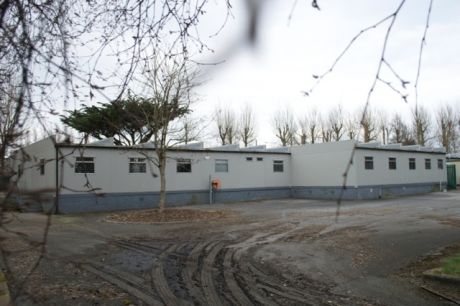
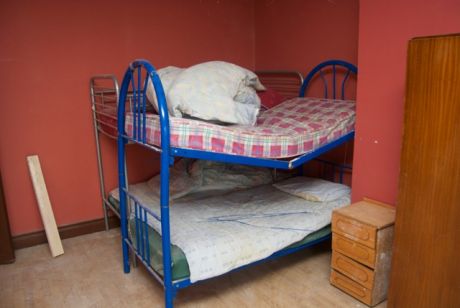
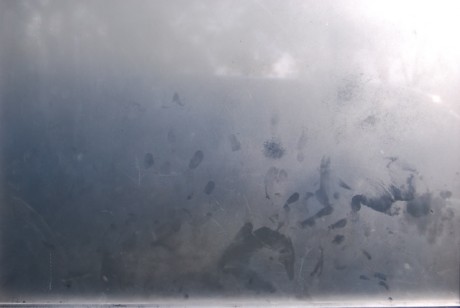
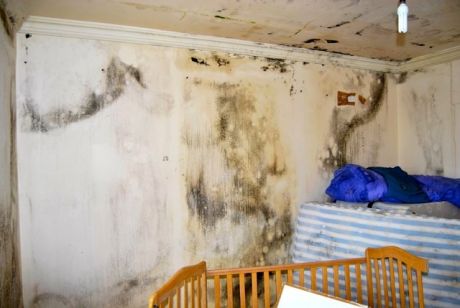
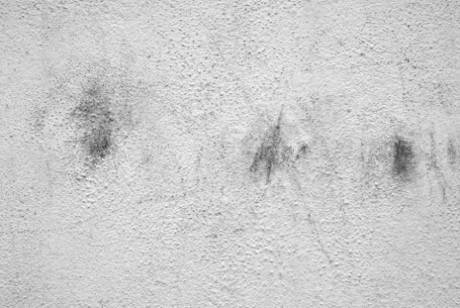
Comments (2 of 2)
Jump To Comment: 1 2If we didn't support these stupid resource wars in the first place, that's how best to support these people.
Instead, we support "going into Syria" "going into Iraq" "going into Libya" "going into afghanistan" and this is inevitably what happens. We (the west) should just stay out of people's countries and stop supporting imperialist invasions for resources / strategic advantage.
Cleaning up afterwards solves little. There will always be another invasion and another. We need to address the cause. i.e. imperialism. Stop swallowing propaganda and stop supporting these needless wars for resources.
We could start by not allowing imperialists to use our airport and voting against any such actions in the UN
But of course our snivelling politicians don't have the balls to do that.
We are broke and a small country. We don't have the money to take on a big number of asylum seekers. Our education system and our health / welfare system are already creaking at the seams, totally underfunded, barely functioning, and close to breaking point. Running them into the ground will only serve the interests of those who want to destroy all social supports. i.e. the very people pushing all these invasions of resource rich countries in the first place. Once they are run into the ground, we'll be of no use to anyone.
We need tobe strategic here and try and keep our weakening social supports alive and part of that process is limiting further immigration into the country until we are stronger.
There are other ways a small country like us can Attack the root cause of refugees needing to leave their war torn countries. i.e. attacking the warmongering that causes it at the root.
Other larger countries are in a better position to absorb more refugees than us.
Article from the Guardian:
http://www.theguardian.com/world/2014/jun/20/global-ref...eport
Indymedia Ireland is a media collective. We are independent volunteer citizen journalists producing and distributing the authentic voices of the people. Indymedia Ireland is an open news project where anyone can post their own news, comment, videos or photos about Ireland or related matters.